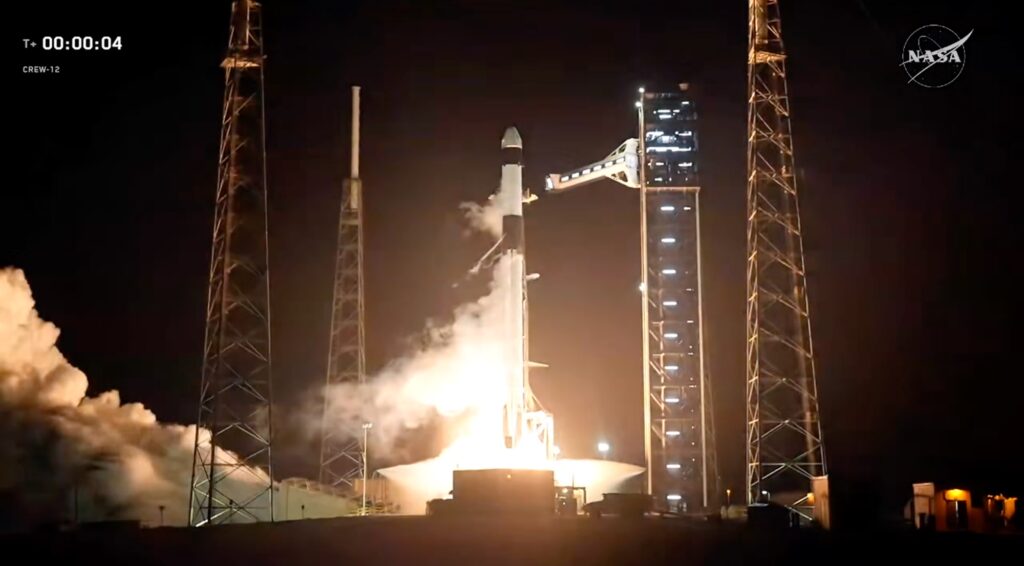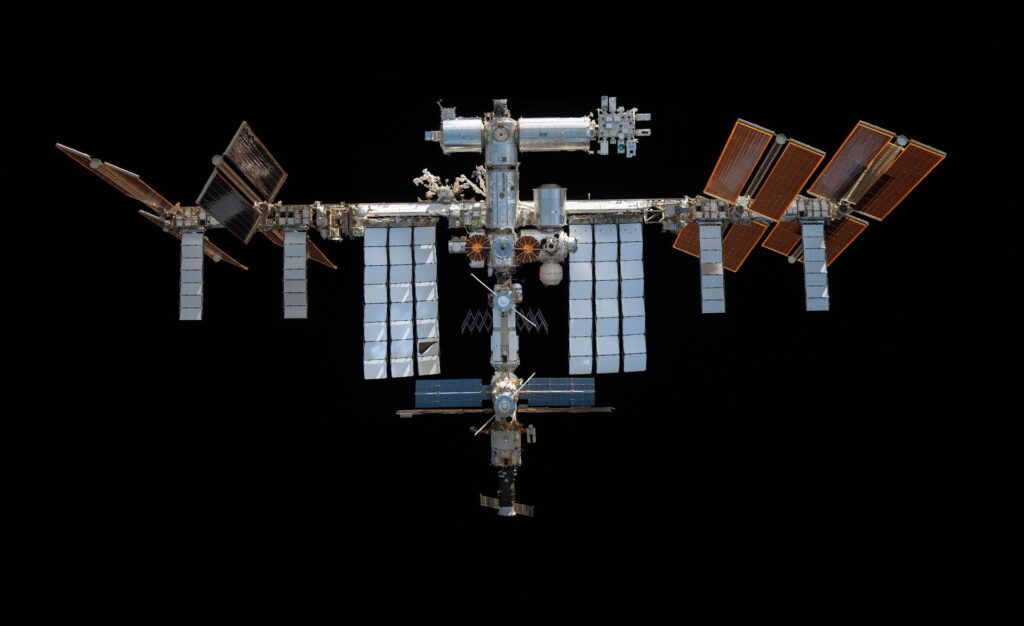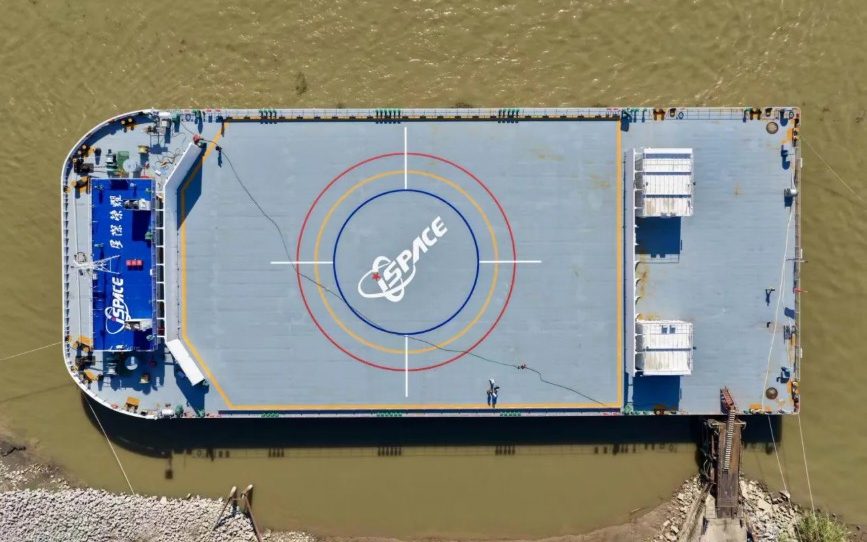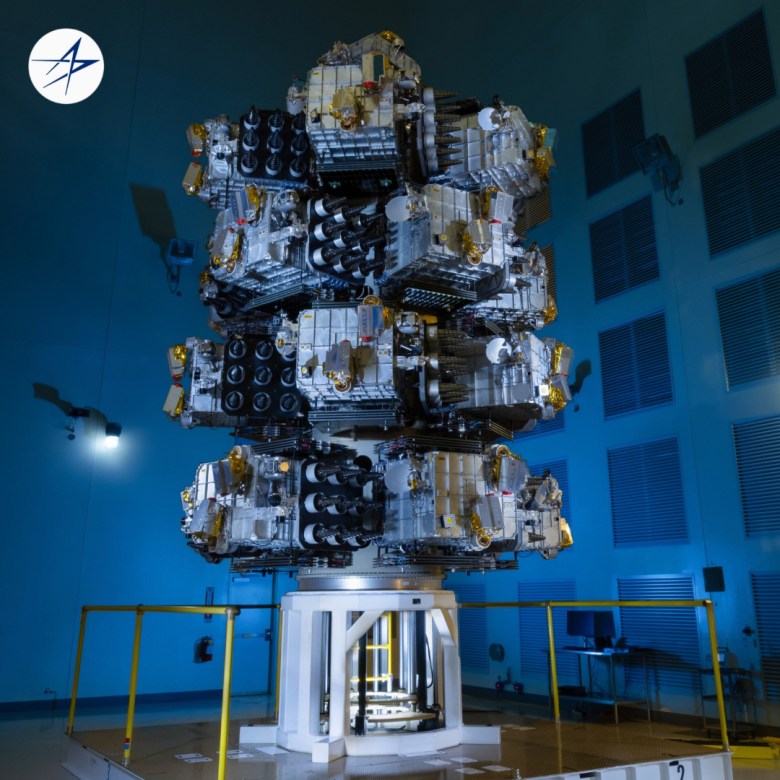Now Reading: Artemis Accords nations mark fifth anniversary
-
01
Artemis Accords nations mark fifth anniversary
Artemis Accords nations mark fifth anniversary
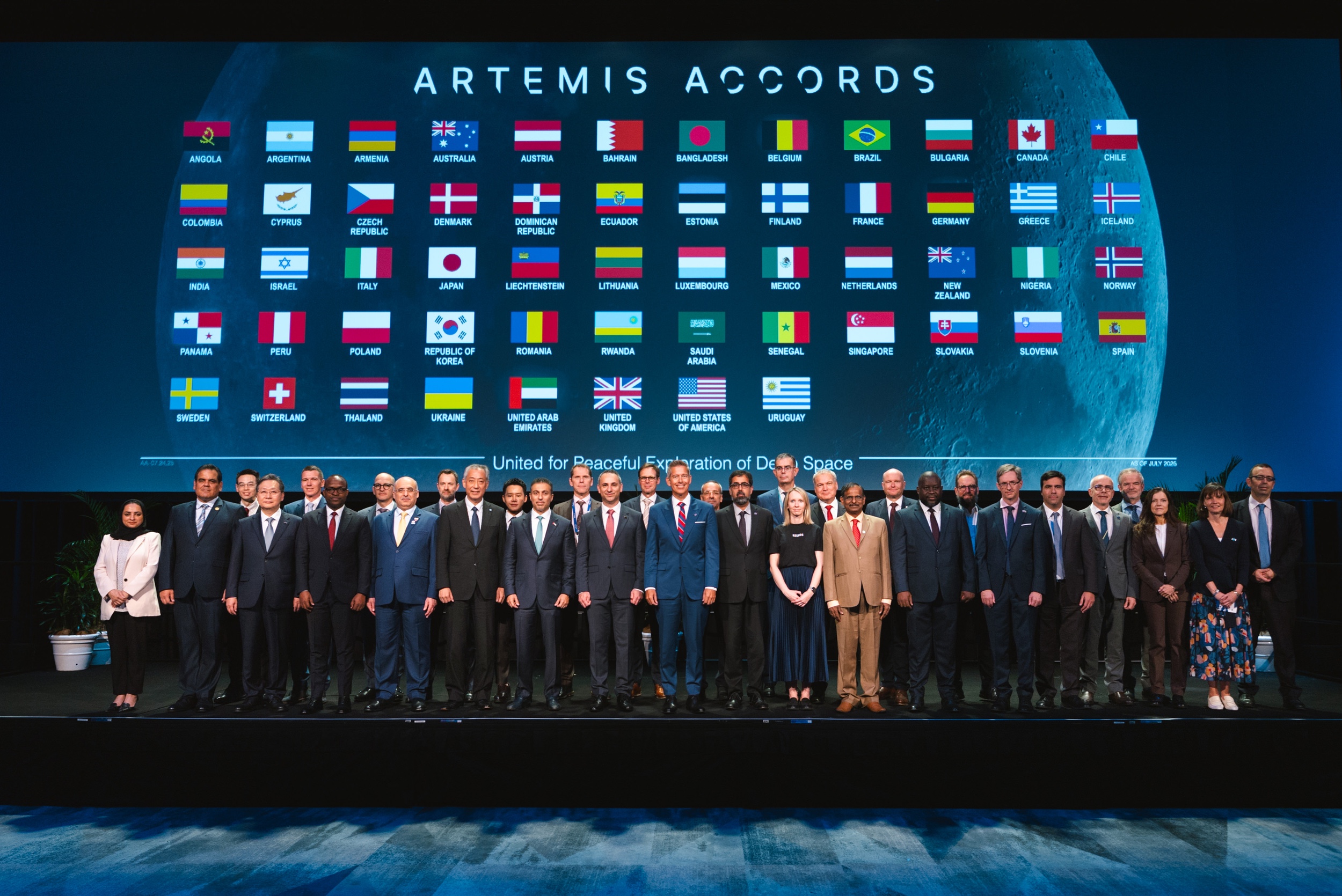

WASHINGTON — Five years after the first countries signed the Artemis Accords, a growing group of nations continues to work on how to implement the guidelines contained in the document.
Oct. 13 marked the fifth anniversary of a signing ceremony where the United States and seven other countries — Australia, Canada, Italy, Japan, Luxembourg, the United Arab Emirates and the United Kingdom — became the first to sign the Accords, which outline norms of behavior for space exploration.
The anniversary passed with little fanfare, in part because the ongoing U.S. government shutdown, now more than two weeks long, has kept NASA from issuing press releases or other public statements on most topics.
NASA Acting Administrator Sean Duffy did note the anniversary in a social media post. “Together, we’re committed to peaceful, safe and transparent exploration of the moon and beyond,” he wrote.
The number of Artemis Accords signatories has grown sevenfold in the past five years, with 56 nations now having signed. The most recent was Senegal, which joined at a NASA Headquarters event July 24.
Representatives of 39 of the 56 signatories met Sept. 29 during the International Astronautical Congress in Sydney, Australia. The closed-door meeting, co-chaired by Australia, the UAE and the United States, focused on implementing elements of the Accords, including safety zones and interoperability.
“As we get closer to returning to the moon at the beginning of next year with humans for the first time since 1972, it’s more and more important that the topics we discussed were on the table,” said Amit Kshatriya, NASA’s associate administrator, during a news conference at the IAC after the meeting.
One major issue discussed was noninterference, said Ahmad Belhoul Al Falasi, a UAE government minister who chairs the board of the UAE Space Agency. One section of the Artemis Accords addresses deconfliction of space activities, including the use of “safety zones” to prevent harmful interference.
“A safety zone is not well defined,” he said, noting questions such as how large it should be. “A second point is, what is considered harmful interference?”
He said the meeting explored several scenarios involving countries and companies both within and outside the Artemis Accords but did not elaborate on how those examples shaped the discussion.
“A lot of work has been done on the open sharing of scientific data,” another principle of the Accords, Kshatriya said. NASA plans to host a workshop on that topic within the next year “with the overarching theme of transparency being the most important thing for us.”
A third topic was orbital debris, particularly around the moon, said Enrico Palermo, head of the Australian Space Agency. “On Earth, we have an atmosphere where objects can reenter and demise. We don’t have that on the moon, and we also don’t have as many stable orbits,” he said. “Preserving lunar orbits and keeping them sustainable for exploration for all countries was an ongoing focus.”
A broader challenge is encouraging more nations to join the Accords and take part in discussions. Only four countries have signed so far this year, compared to 19 in 2024.
“We want more people to join us and explore with us,” Kshatriya said. “But when resources are constrained, how do you make sure that emerging spacefaring nations are able to participate in this incredible adventure?”
“Some members are trying to find their value add for the Accords,” Al Falasi said. An upcoming workshop in Peru, he added, will explore how to ensure all signatories can actively participate in discussions. “We want to have a very well-defined way that enables these countries to contribute.”
One ongoing concern is the lack of public detail about what the Accords members have discussed or agreed on. Asked at the news conference if there would be a formal communiqué summarizing outcomes and recommendations, Al Falasi said that responsibility rests with NASA.
Kshatriya said that would come “as soon as we consolidate the recommendations and publish a plan for the next workshop” in Peru. “We’ll follow up as soon as we can.”
Stay Informed With the Latest & Most Important News
Previous Post
Next Post
-
 01Two Black Holes Observed Circling Each Other for the First Time
01Two Black Holes Observed Circling Each Other for the First Time -
 02From Polymerization-Enabled Folding and Assembly to Chemical Evolution: Key Processes for Emergence of Functional Polymers in the Origin of Life
02From Polymerization-Enabled Folding and Assembly to Chemical Evolution: Key Processes for Emergence of Functional Polymers in the Origin of Life -
 03Φsat-2 begins science phase for AI Earth images
03Φsat-2 begins science phase for AI Earth images -
 04Hurricane forecasters are losing 3 key satellites ahead of peak storm season − a meteorologist explains why it matters
04Hurricane forecasters are losing 3 key satellites ahead of peak storm season − a meteorologist explains why it matters -
 05Thermodynamic Constraints On The Citric Acid Cycle And Related Reactions In Ocean World Interiors
05Thermodynamic Constraints On The Citric Acid Cycle And Related Reactions In Ocean World Interiors -
 06Binary star systems are complex astronomical objects − a new AI approach could pin down their properties quickly
06Binary star systems are complex astronomical objects − a new AI approach could pin down their properties quickly -
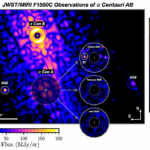 07Worlds Next Door: A Candidate Giant Planet Imaged in the Habitable Zone of α Cen A. I. Observations, Orbital and Physical Properties, and Exozodi Upper Limits
07Worlds Next Door: A Candidate Giant Planet Imaged in the Habitable Zone of α Cen A. I. Observations, Orbital and Physical Properties, and Exozodi Upper Limits












